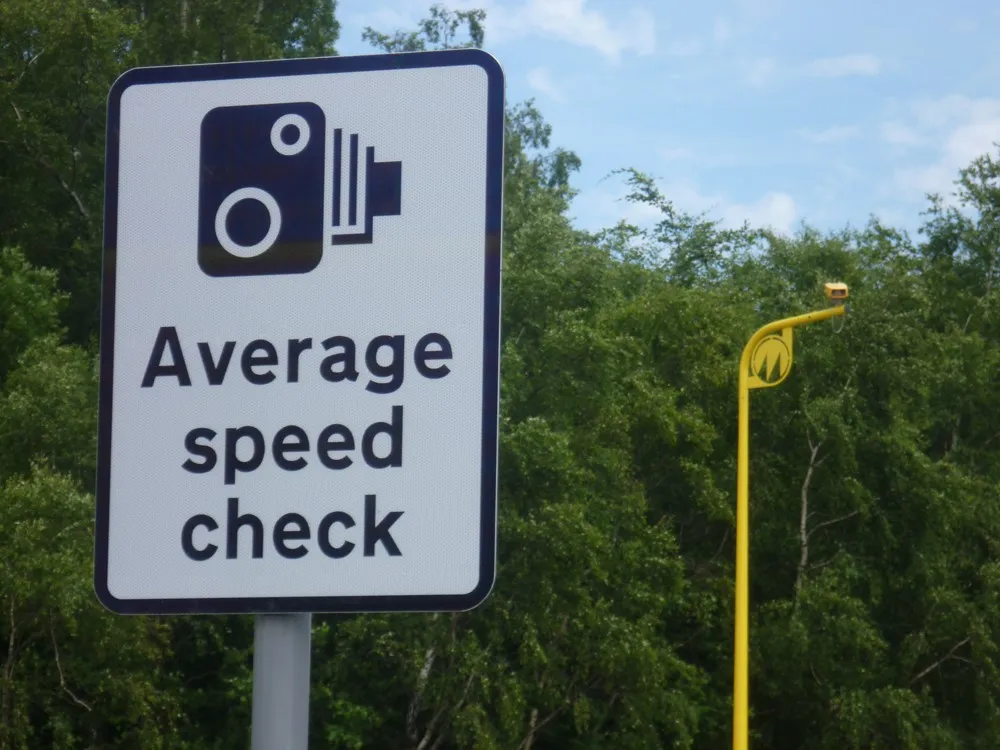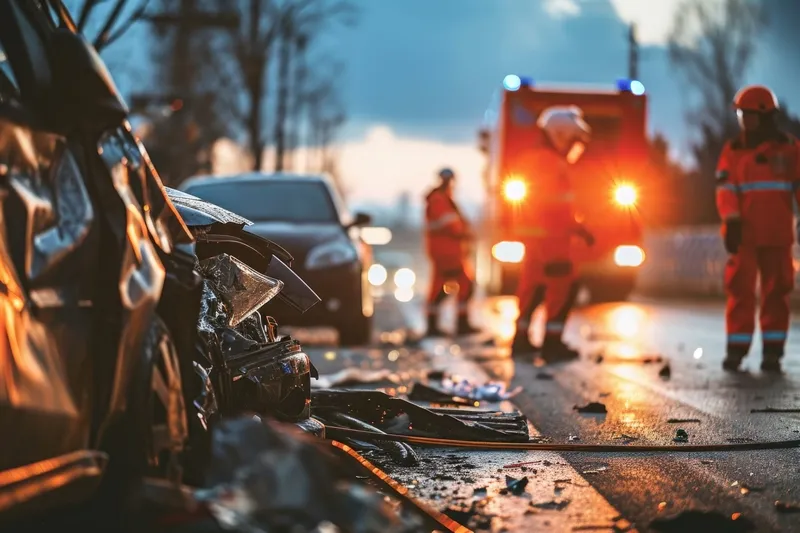
Jenoptik has secured an order from Transport for Greater Manchester to install the company’s Specs average-speed cameras across 25 routes in the English city.
The company said that the deal marks the second phase of an upgrade project in the area to encourage better driver behaviour. In the first phase, last year, Jenoptik delivered 90 Vector SR spot-speed systems.
Both contracts include the supply, installation and maintenance of the solutions for five years, noted Tobias Deubel, head of Jenoptik’s smart mobility solutions division. “Transport for Greater Manchester is taking considerable action to upgrade its road safety measures to get closer to Vision Zero,” he said. “We are proud to be part of it by providing technology and services for spot speed and average speed measurement.”
The cameras from both phases are specifically used to enforce speed limits and do not automatically detect another offence. Average speed cameras have also been found to improve air quality and reduce emissions. Jenoptik will present its full range of products and services at Intertraffic Amsterdam 2024 this week.
The locations for the cameras were carefully selected with the help of analysis carried out by Transport for Greater Manchester, the Greater Manchester Police and Jenoptik. “Independent analysis of statistics on roads with average speed cameras show that the technology has contributed to casualty reduction by halving the number of crashes, where someone was either killed or seriously injured,” explained John Piper, Jenoptik’s UK sales and marketing director.
“As a city-region we are working to adopt Vision Zero, which targets the elimination of all deaths and life-changing injuries on our roads,” said Dame Sarah Storey, Greater Manchester’s active travel commissioner. “Speeding is a leading cause behind fatal collisions and in Greater Manchester 598 people were killed or seriously injured between 2020 and 2022 as a result of it.”








